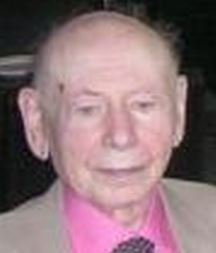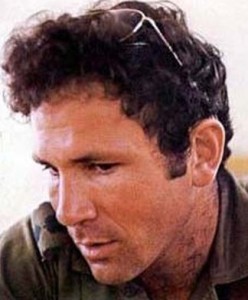The Man Who Defined Hollywood
Louis Burt Mayer (1884-1957) was born Lazar Meir in Minsk, Belarus, to a Jewish family that immigrated to the US when he was just three years old. Unable to find prosperity in the States, the family moved to Canada and settled in New Brunswick, where Mayer grew up. At age 12, he dropped out of school to help in his father’s scrap metal business. Meanwhile, he spent most of his free time at the local theatre and opera house. At 19, Mayer set out on his own, moving to Boston and starting his own scrap metal business. After several years of struggling to make a living, he purchased an old, forgotten auditorium and turned it into a modern movie theatre. Business boomed, and several years later, Mayer partnered up with another company to form the biggest chain of theatres in the region. He soon started a film distribution agency and a talent booking agency, too. In 1918, Mayer made his way to Hollywood, founding his own film production studio. In 1924, he joined forces with Metro Pictures and Goldwyn Pictures to create Metro-Goldwyn-Mayer, aka. MGM, which went on to become the most successful film production studio in history. Mayer himself became America’s highest-paid man, with a salary of over $1 million (which also made him the first person in American history to officially earn a 7-figure income). Under his direction, MGM made some of the greatest films of all time, including Gone With the Wind and The Wizard of Oz. In 1927, Mayer co-founded the Academy of Motion Picture Arts and Sciences, which inaugurated the Academy Awards, better known as “the Oscars”, two years later. Mayer is also credited with giving rise to the modern “movie star”, and personally handpicked and developed some of the greatest actors of his day, many of which saw him as a father figure. After World War II, MGM’s business slumped, and by 1951, Mayer resigned from the company. He continued to work in film until his passing from leukemia in 1957. Mayer was also a noted philanthropist, devoted much of his time to the Jewish Home for the Aged, and to LA’s Wilshire Temple. Variety magazine considered him “the greatest single force in the development of the motion picture industry” while his biographer would go on to write: “Mayer defined MGM, just as MGM defined Hollywood, and Hollywood defined America.”
Words of the Week
There are some ideas so absurd that only an intellectual could believe them.
– George Orwell

The Famous MGM Logo




